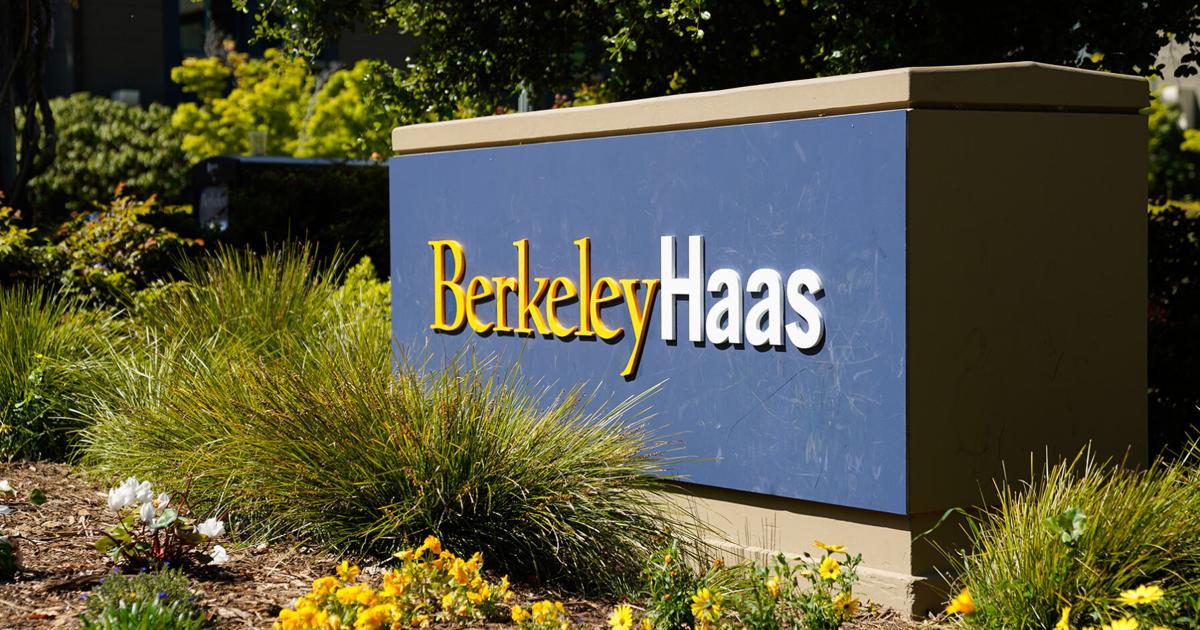The 2025 Berkeley Corporate + Climate Summit, hosted by UC Berkeley Law, was held Tuesday in the Spieker Forum at Haas School of Business.
Panelists and keynote speakers from positions in academia, advocacy, business and government took to the stage in Chou Hall from 8 a.m. to 6 p.m. The topics they discussed included leveraging AI and innovation, disclosure laws and space technology through the lens of climate impact and climate action.
Panelist Kristina Wyatt is the deputy general counsel and chief sustainability officer at Persefoni, a carbon management and accounting software company. Speaking in the latter half of the summit, her panel discussed disclosure and reporting strategies which ensure transparency and keep stakeholders updated on information related to the companies they have invested in.
According to Wyatt, when she joined the U.S. Securities and Exchange Commission — the government agency that protects investors from misconduct — a lot of investors, companies and nongovernmental organizations that she spoke with were opposed to the fragmented corporate disclosure framework in place at the time. They needed a way to keep reporting relating to climate and sustainability consistent and comparable.
As of today, Wyatt noted disclosure laws are still fragmented by states and jurisdictions, but less so than before. California has its own climate laws, but New York, New Jersey, Colorado and Illinois all have similar climate bills.
Wyatt said the role of the International Sustainability Standards Board, or ISSB, is important in helping to drive disclosures to become more consistent and comparable around the world.
There are 36 jurisdictions around the world that are in the process of incorporating ISSB standards into their own reporting requirements. There is now “a common lane of travel” that looks similar between state and ISSB standards, Wyatt added.
Robbie Schingler, co-founder and chief strategy officer of Planet Labs PBC, was the concluding keynote speaker. He addressed how a focus on space technology is revolutionizing climate action.
Planet Labs, Schingler explained, aims to provide publicly-available data applicable across industries, companies and nations. According to NASA, Planet Labs currently operates 200 imagery satellites in low Earth orbit that provide daily coverage over the entirety of the world’s land mass.
Schingler said Planet Labs’ satellites generate 40 terabytes of new data every day, and have accumulated a 140-petabyte archive of data. This includes an eight-year recorded history of imaging across the planet, he added.
“All of that is extremely useful for doing backcasting and therefore forecasting and training good models,” Schingler said. “Specific models that mean something whether you are utility, or whether you are a farmer or whether you are a reinsurer, you can actually train your own models in order to then have those be real-time indicators for the things that matter to you.”
Planet Labs is not always the consumer of the data that they produce — other technology companies use their data as well, Shingler said.
PG&E, for example, has worked with Planet Labs in the past. After a series of wildfires, Planet Labs began working with PG&E to create a custom alert and a custom model to understand where wildfire fuel loads and vegetation encroachment to high-power lines are, Schingler said.
Schingler added that PG&E has a mission control center nearby, updated daily, that allows them to dispatch trucks and workers to high-risk areas.
“It’s a small thing, but it’s a huge efficiency gain for the company,” Schingler said. “When you spend five minutes every morning and it saves you three hours, that allows for you to take your high value assets, like your people, and your attention, and what you focus on, to go to the areas that matter the most.”
